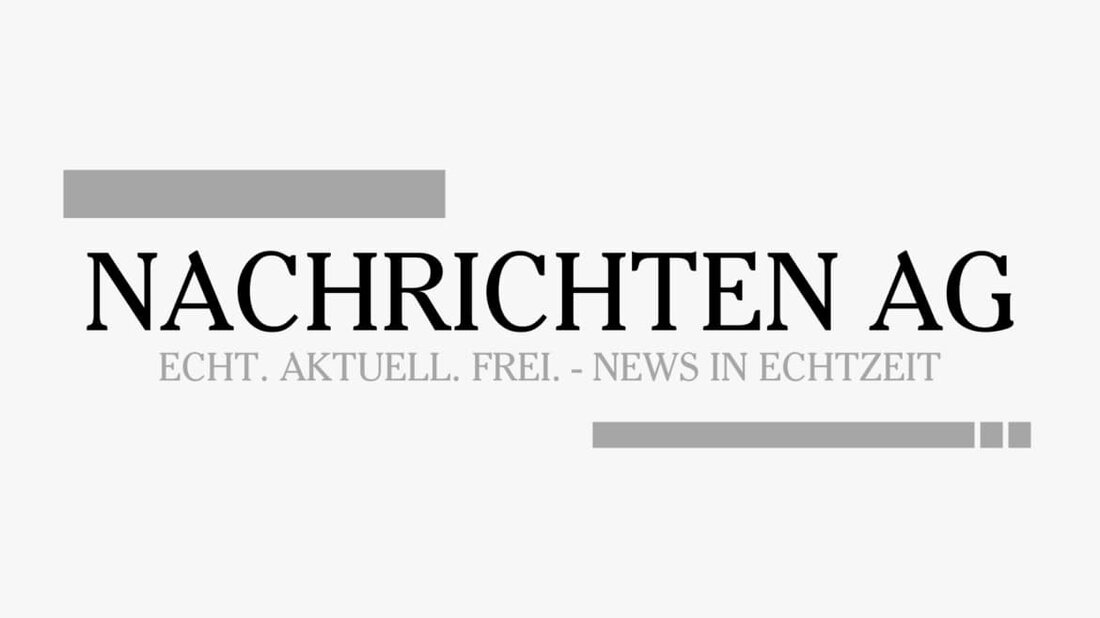Restrict plans of the railway: Niederrhein municipalities are calling for rapid expansion
Restrict plans of the railway: Niederrhein municipalities are calling for rapid expansion
From Monday, August 4, 2024, there will be significant changes in the long-distance traffic of Deutsche Bahn, which particularly affect the connections of North Rhine-Westphalia to Berlin. These deletions are part of a strategy of the railway to counter the stress of the infrastructure that arises from numerous construction sites throughout Germany.
The reactions of the affected cities
in several cities on the Lower Rhine, such as Mönchengladbach, Krefeld and Viersen, there is considerable resistance to the cuts. Felix Heinrichs, the mayor of Mönchengladbach, expressed his concern for the loss of one of two daily direct connections to Berlin in an open letter to Deutsche Bahn. The city, which describes itself as a growing city, has already suffered from an inadequate connection to national rail traffic. Krefeld's city spokesman also complains about the effects of this decision on the region: "The decoupling of the Lower Rhine from long -distance transport has long since exceeded the pain limit."
A necessary evil or a permanent problem?
The chief managing director of the IHK Middle Lower Rhine, Jürgen Steinmetz, sees the cuts as uncomfortable, but as necessary for the implementation of the construction work. He emphasizes that these interventions should ultimately serve to expand the routes long -term. In particular, freight transport towards the seaports in Rotterdam and Antwerp must be expanded to ensure the region's competitiveness. Viersen shares similar views and consider the construction sites rather as inevitable evil.
The perspective of passengers
From the perspective of passengers, represented by the association Pro Bahn NRW, the deletions are understandable, but the alternatives must be reliable. Detlef Neuß, the spokesman for the association, emphasizes the importance of punctuality and functioning connections: "If the connections are shortened, the transfer connections must be reliable, otherwise this will only lead to frustration among travelers." Neuß also expresses concerns about possible permanent deletions of the affected connections.
Positive view of experts
In contrast, Thomas Ehrmann, a professor of management at the University of Münster, sees the cuts in the timetable. He explains that the overloaded rail network could benefit from a reduction in trains: "Every overload leads to delays and disorders. Relief could help improve punctuality as a whole."
Scope of the changes
The changes in the timetable concern several connections in the Rhineland and Westphalia. According to information from the WDR, for example, five out of nine ICE direct connections from Bonn to Berlin and two out of four connections from Aachen will be deleted from Monday. In Lower Rhine, too, one of two daily ICE trains will be deleted, which could significantly restrict mobility in the region. In Gütersloh, three out of six ICE connections fail, while in Herford only one ICE will hold.
These changes not only have economic implications, they also represent a challenge for the mobility of the citizens and raise questions about the long -term planning of the transport infrastructure. The reactions of the affected cities and the economy illustrate the importance of a reliable transport connection for the region and its development.
- Nag


Kommentare (0)